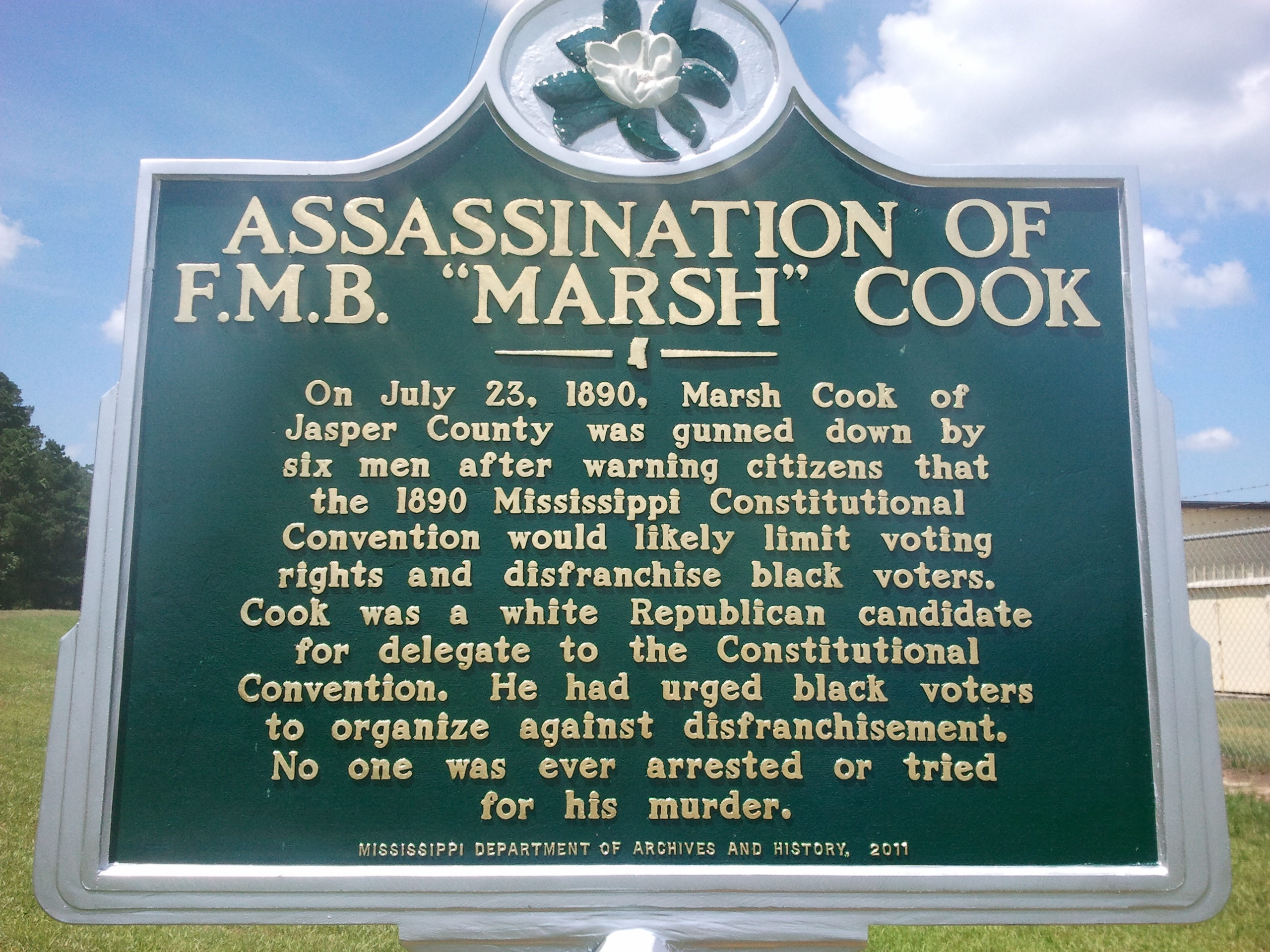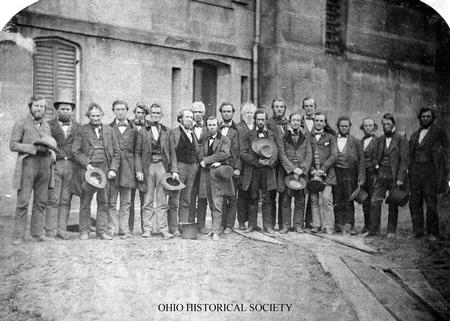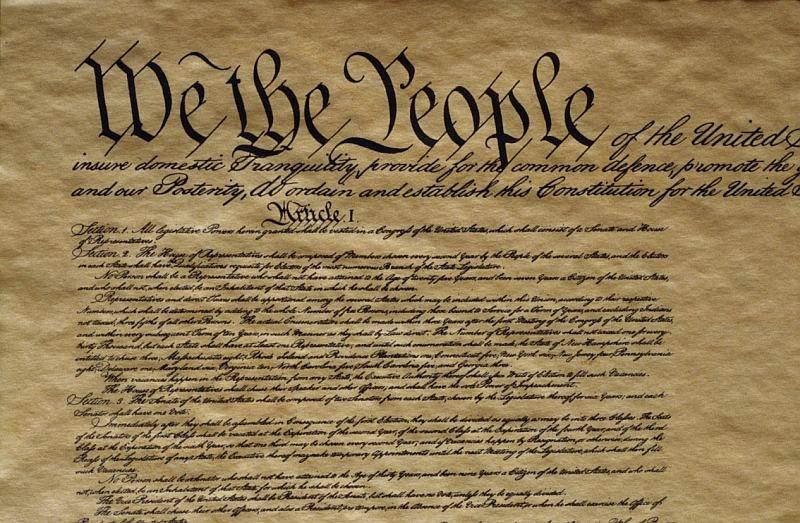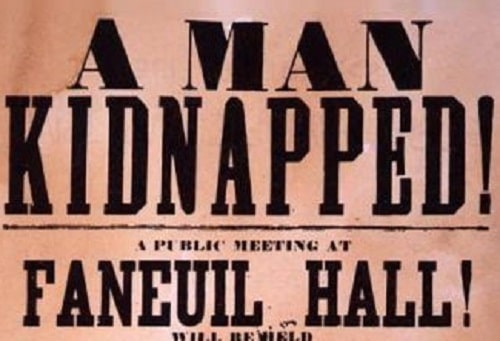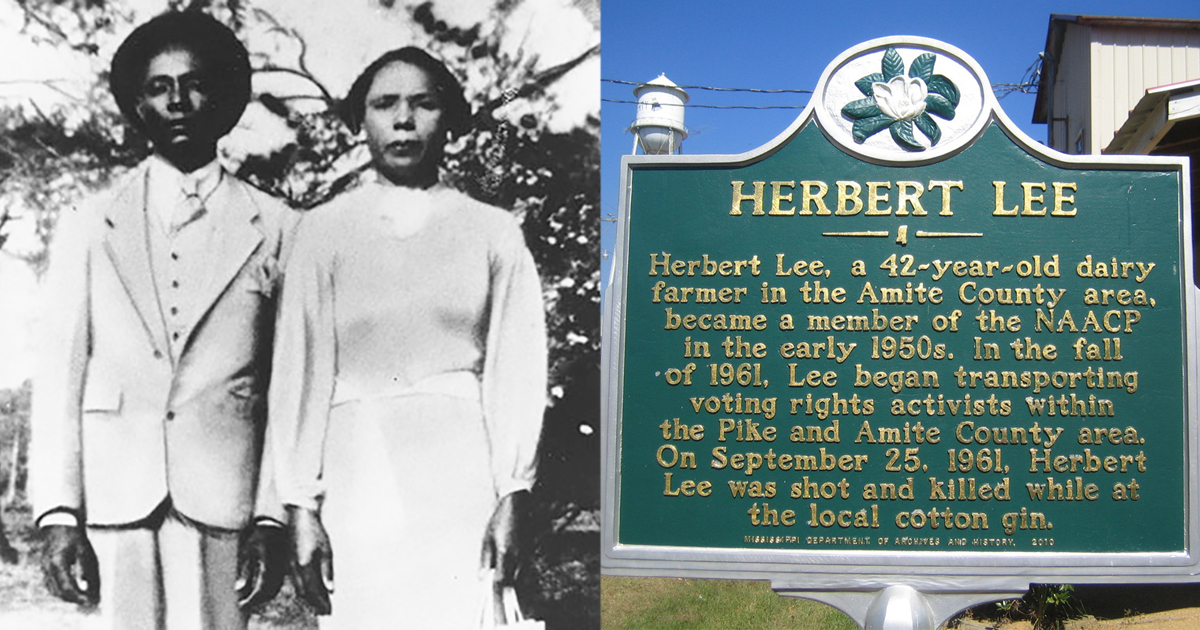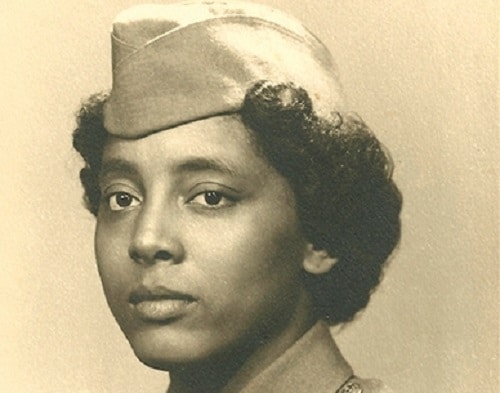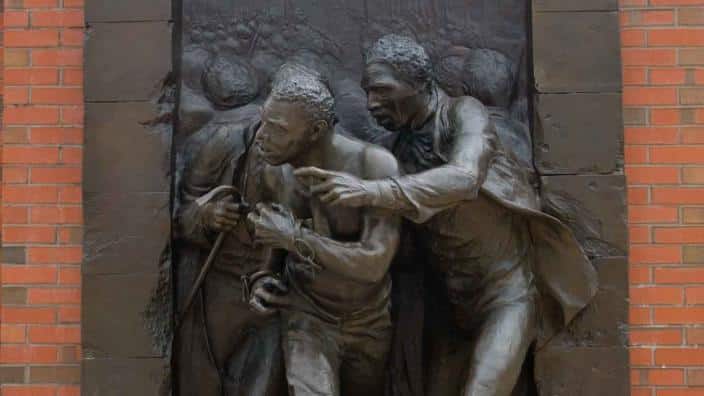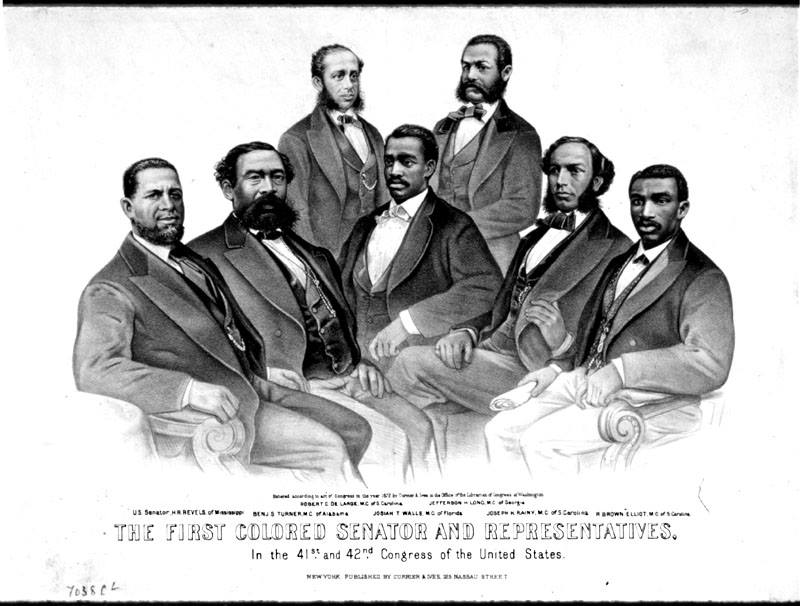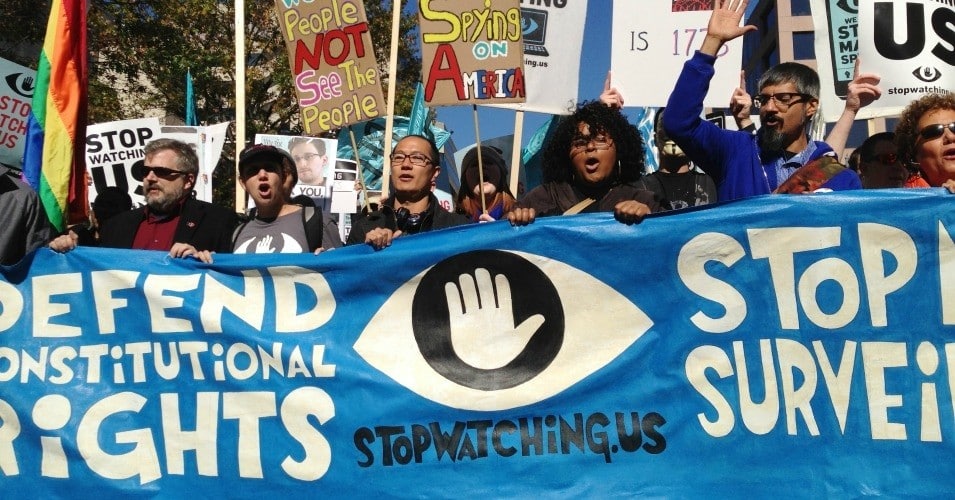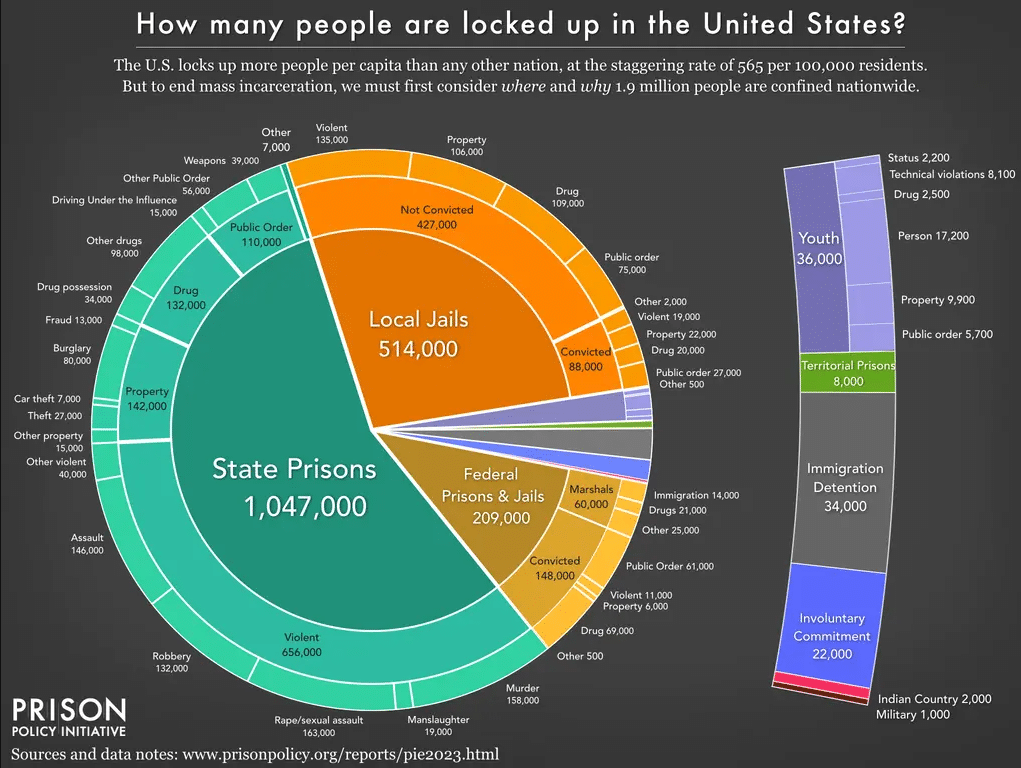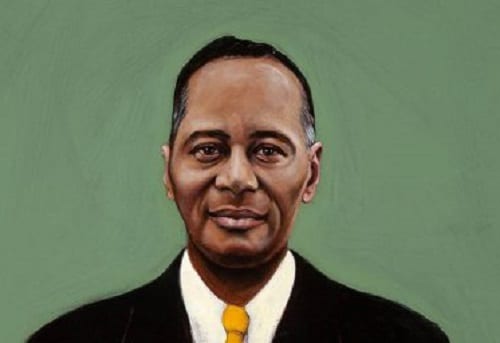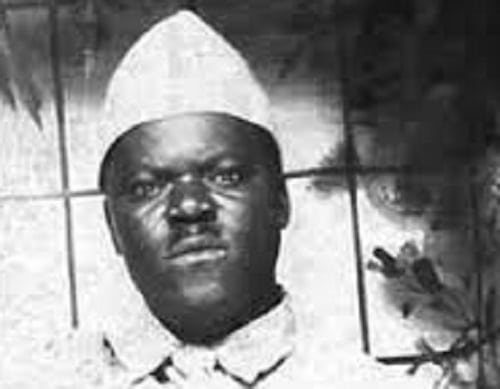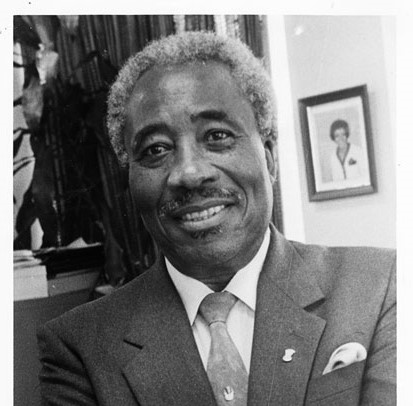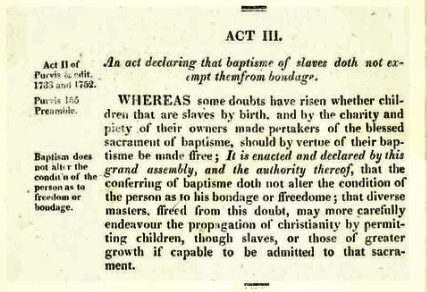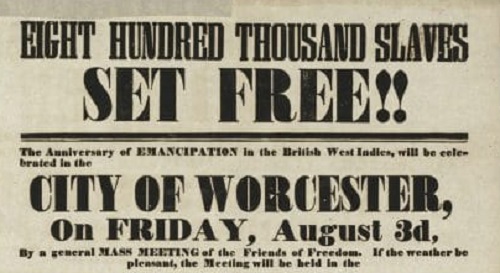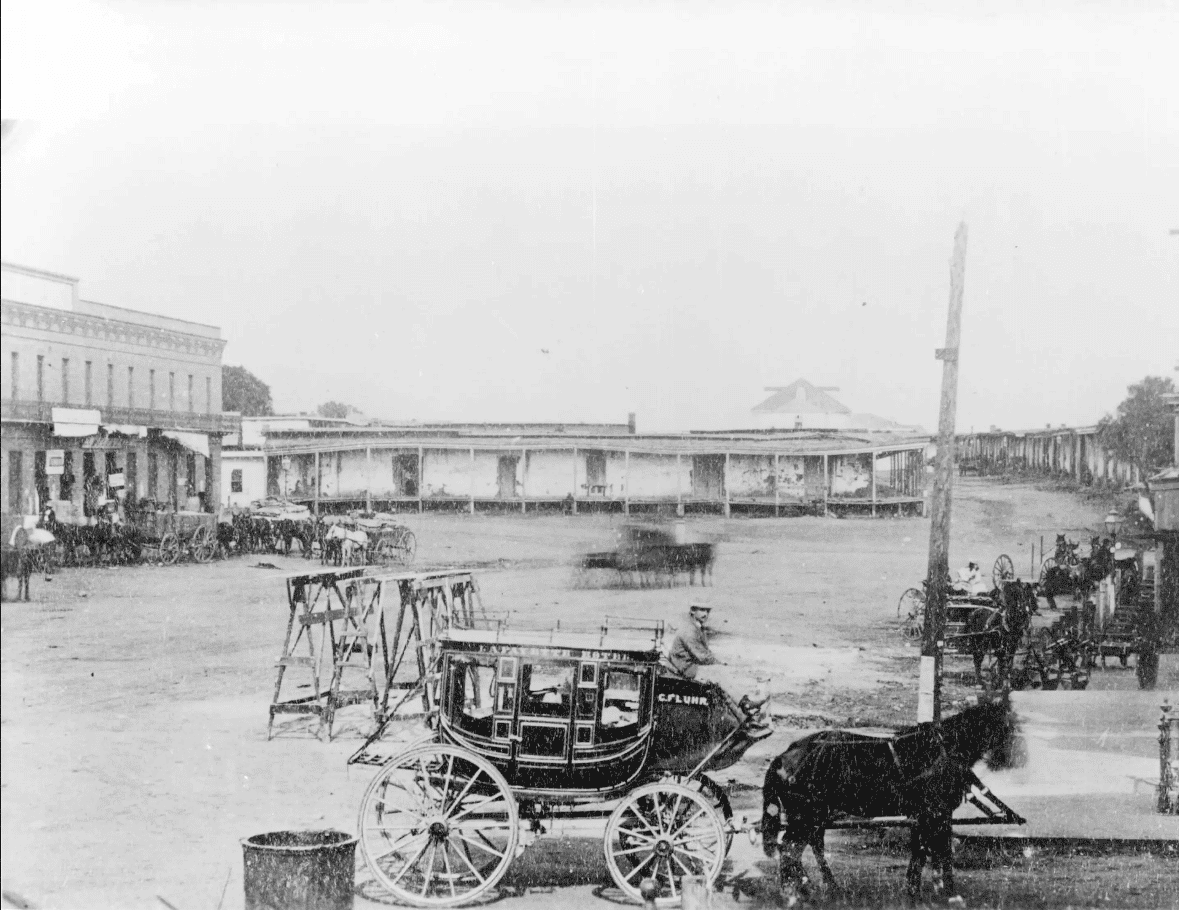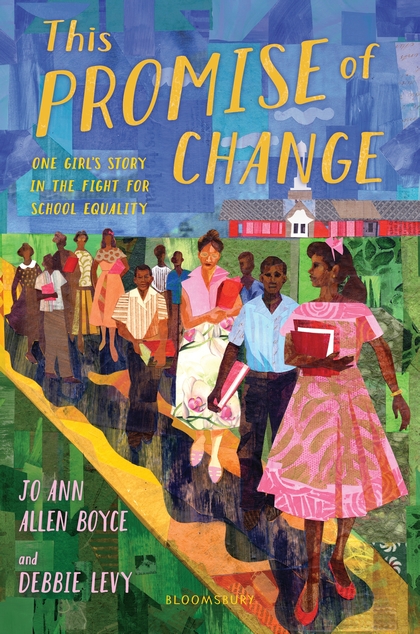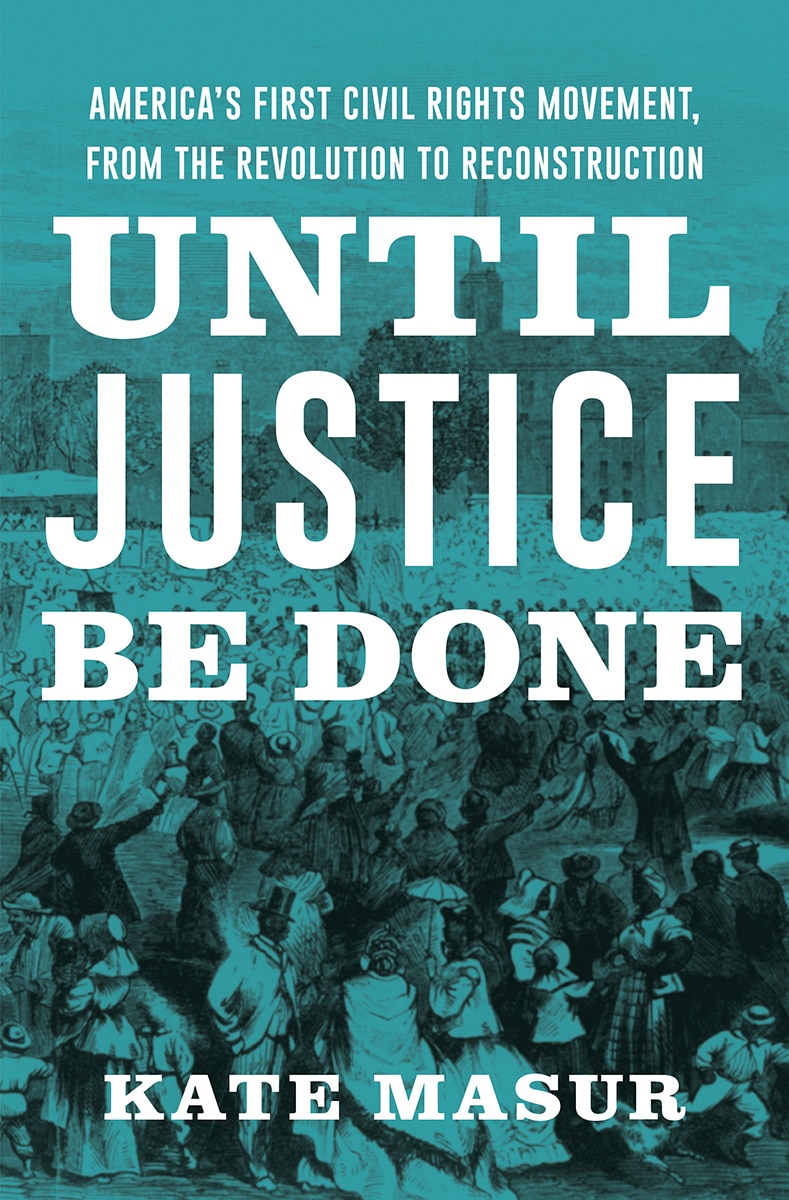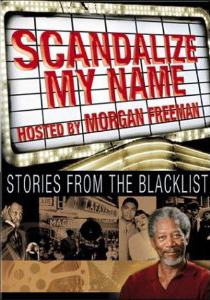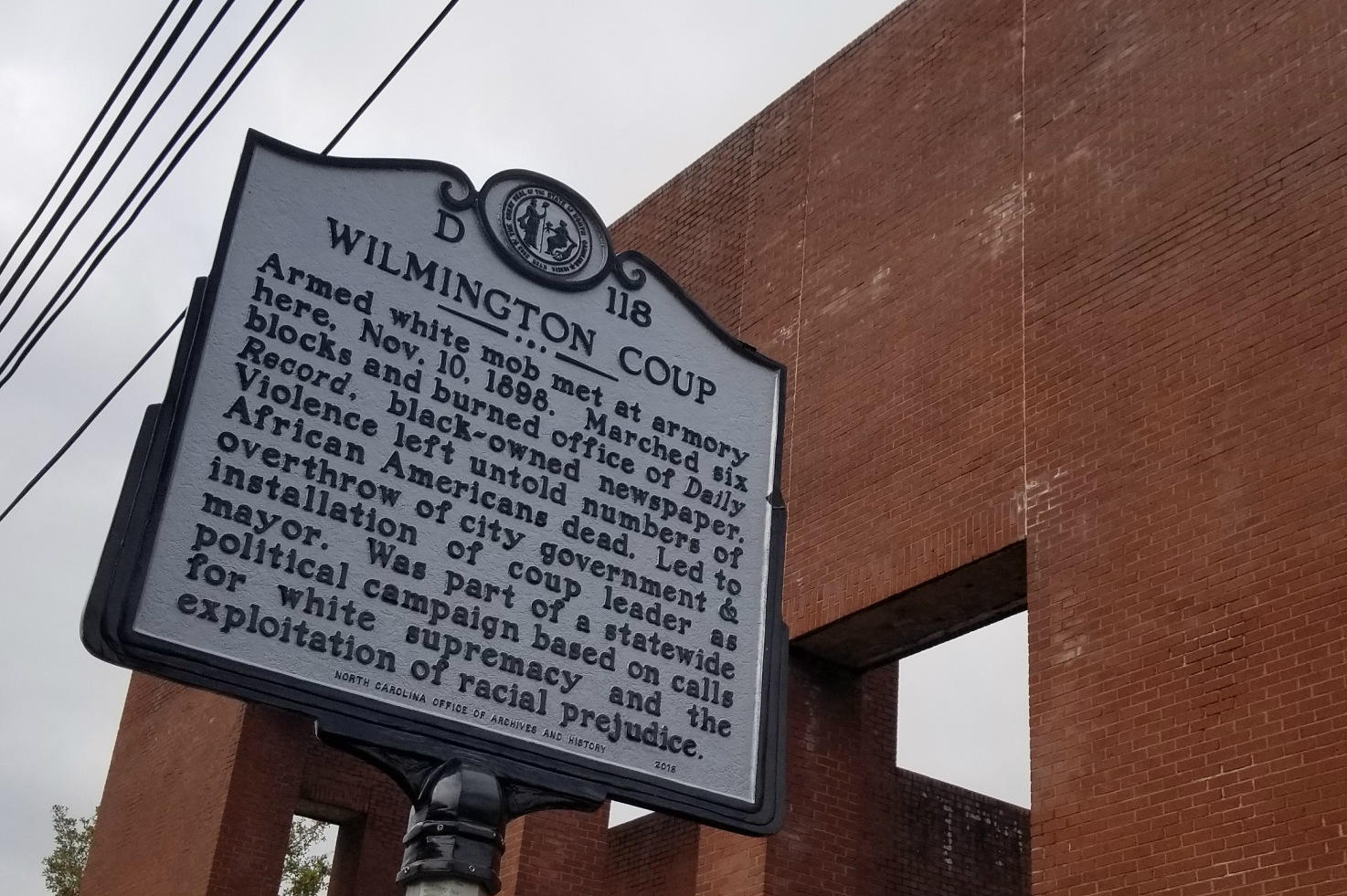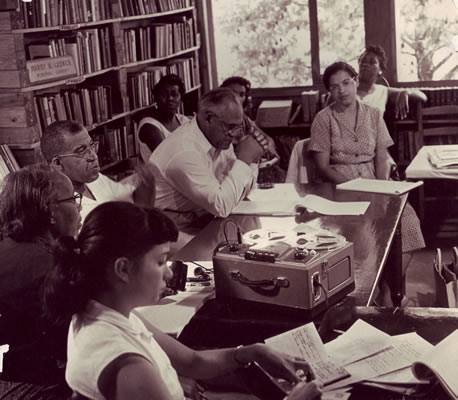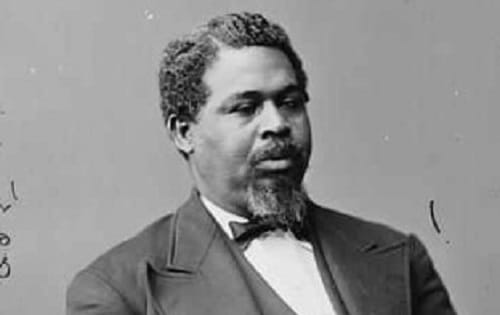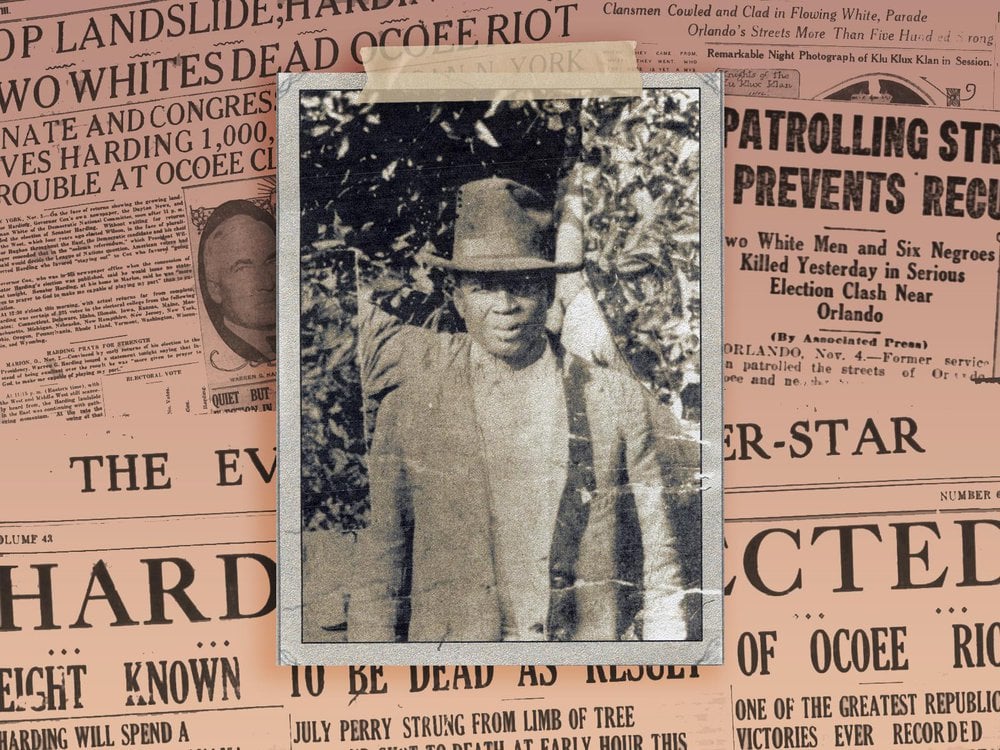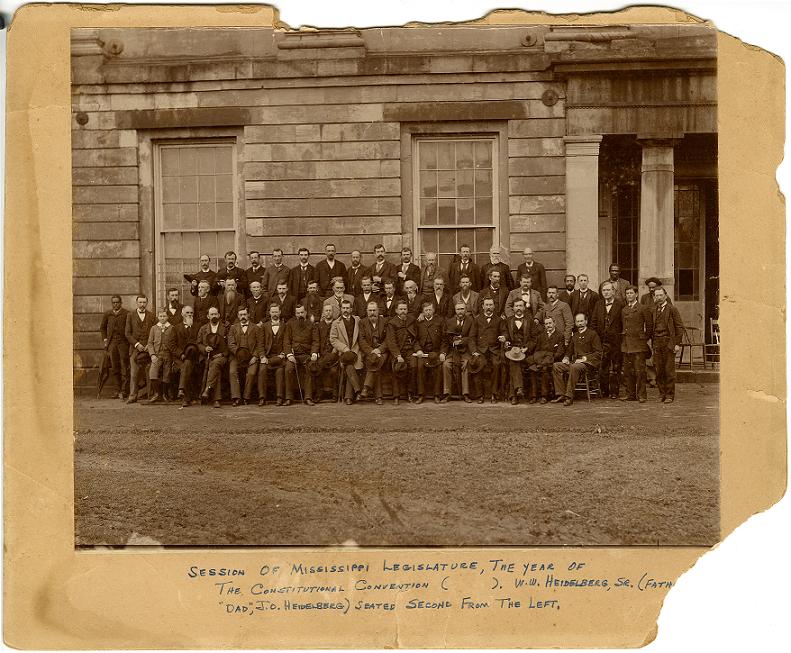F. M. B. “Marsh” Cook, a white man, was killed for standing up against the white supremacist 1890 Mississippi Constitutional Convention.
Continue reading
Eighteen-year-old John Price was arrested by a federal marshal in Oberlin, Ohio under the Fugitive Slave Act of 1850.
Continue reading
The U.S. Constitution was signed in Philadelphia, Pennsylvania.
Continue reading
Herbert Lee, a farmer who helped voting rights activists, was murdered by a Mississippi state legislator in broad daylight.
Continue reading
Sarah Keys refused to give up her seat on a state-to-state charter bus, prompting the landmark court case, Sarah Keys v. Carolina Coach Company.
Continue reading
Abolitionists freed a man captured under the Fugitive Slave Act of 1850 in Syracuse, New York.
Continue reading
For the first time, African Americans were elected to the House of Representatives in 1870.
Continue reading
President George W. Bush signed the USA PATRIOT Act, which rolled back civil liberties for U.S. citizens and immigrants.
Continue reading
The U.S. Justice Department announced that the prison population topped one million for the first time in U.S. history.
Continue reading
The Supreme Court ruled that schools in the U.S. had to desegregate “immediately,” instead of the previous ruling of “with all deliberate speed.”
Continue reading
Book — Non-fiction. Edited by Arjun Singh Sethi. 2018. 192 pages.
Testimonials from people impacted by hate before and after the 2016 presidential election.
Continue reading
WWII veteran Maceo Snipes was murdered after casting his vote in the Georgia Democratic Primary.
Continue reading
WWII veteran Ozell Sutton was denied service at the Arkansas Capitol cafeteria after visiting the building to collect voter registration materials.
Continue reading
In early Colonial Virginia, Elizabeth Key became the first woman of African descent in the North American colonies to sue for her freedom and win.
Continue reading
August First Day became a symbol of hope for enslaved people and abolitionists in the United States when Britain passed the Slavery Abolition Act in 1834, abolishing slavery throughout its colonies around the world.
Continue reading
A lynch mob of 500 Anglo and Latino Los Angelinos rioted and murdered at least 17 Chinese residents after a white civilian died in a shootout.
Continue reading
Book — Non-fiction. By Jo Ann Allen Boyce and Debbie Levy. 2019. 320 pages.
Told from the perspective of Jo Ann Allen, this book tells the story of twelve Black students who integrated Clinton High School in Tennessee in 1956.
Continue reading
Book — Non-fiction. By Kate Masur. 2021.
The movement for equal rights in the decades before the Civil War.
Continue reading
Film. Directed by Alexandra Isles. 2000. 60 minutes.
Documentary about the impact of the McCarthy era on African Americans in the film industry.
Continue reading
The elected and interracial Reconstruction era local government was deposed in a coup d’etat in Wilmington, North Carolina.
Continue reading
Rosa Parks refused to give up her seat on a bus in Montgomery, Alabama.
Continue reading
Robert Smalls was elected to Congress from South Carolina during Reconstruction.
Continue reading
More than fifty African Americans killed in the Ocoee Massacre after going to vote in Florida.
Continue reading
Mississippi adopted a state constitution with poll tax and literacy tests to roll back the gains of the Reconstruction era.
Continue reading

